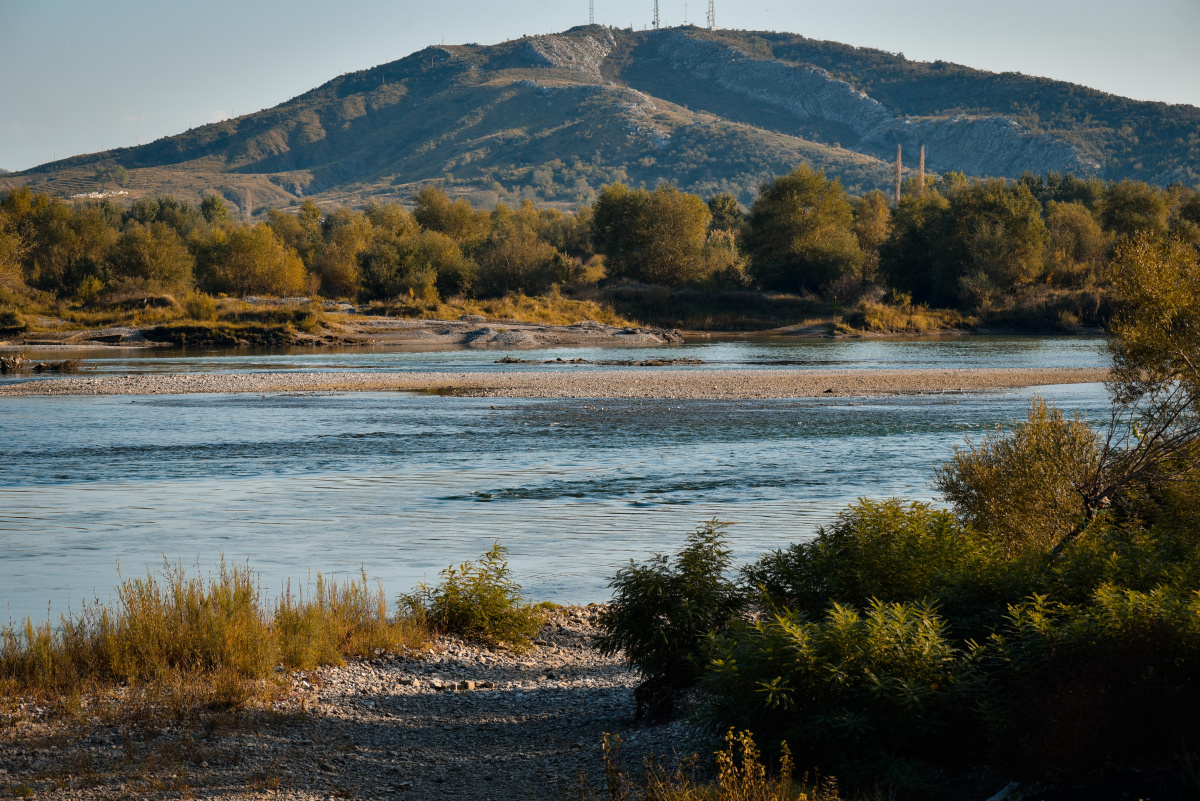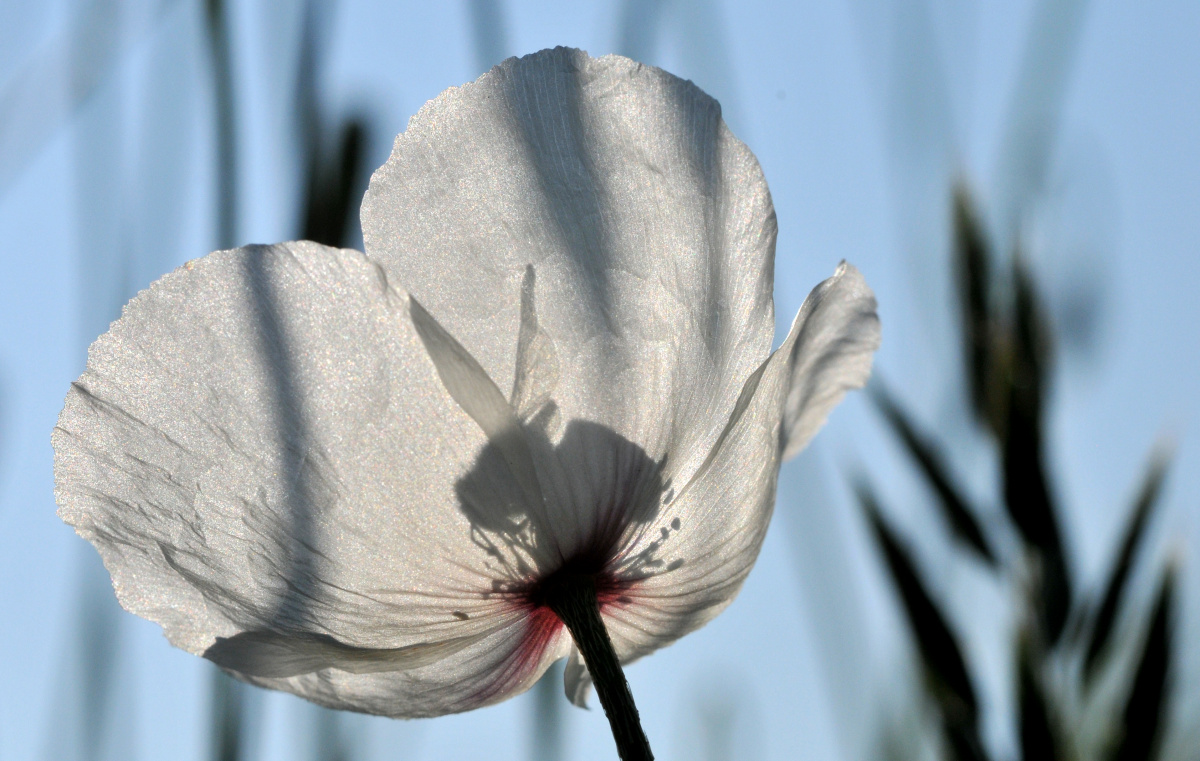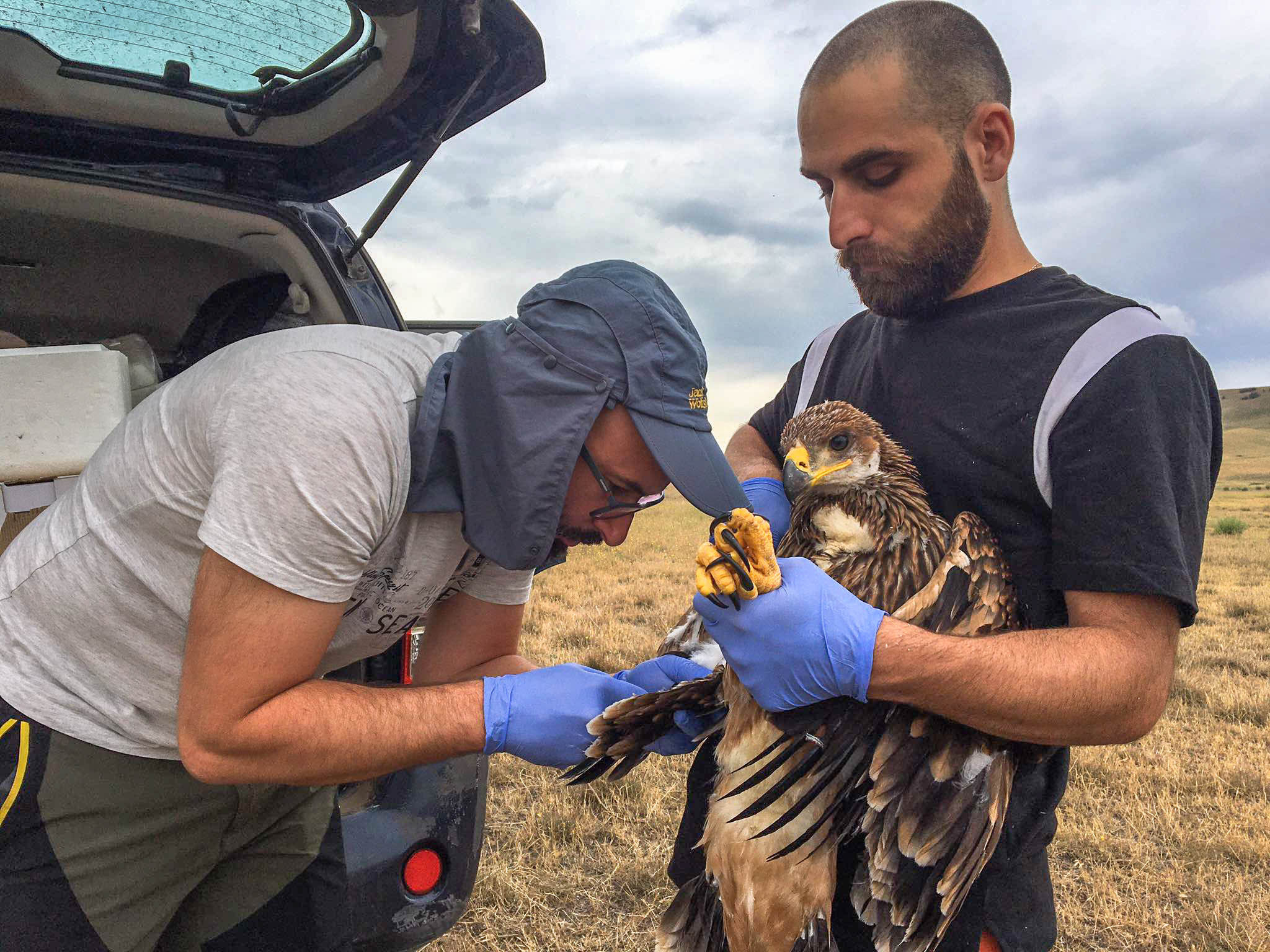Achieving global goals through regional collaboration: Biodiversity Task Force for the Western Balkans
Themed “Be part of the Plan” 2024 International Day for Biodiversity calls for all stakeholders to halt and reverse biodiversity loss. What is the role of the Biodiversity Task Force for the Western Balkans?
The Biodiversity Task Force of the Western Balkans (BDTF WB) is an excellent example of how collaborative efforts can strengthen conservation policies, enhance biodiversity protection, and promote sustainable development across one region. Its work, led by IUCN as a Secretariat, is driving meaningful progress, especially when it comes to the biodiversity pillar of the Green Agenda for the Western Balkans and the Global Biodiversity Framework implementation.
Established as a collaborative platform, the BDTF WB is composed of nominated experts in biodiversity from each Western Balkan economy, the civil sector representatives, and other stakeholders committed to conservation and sustainable development. By fostering dialogue, sharing best practices, and coordinating actions, the Task Force plays a pivotal role in shaping and implementing conservation policies. It offers a consolidated voice that has increased chances of being heard, and consequently, of informing the decisions at different levels, and sectors.
BDTF WB and the Green Agenda for the Western Balkans
At the end of 2020, the European Commission adopted its 2030 EU Biodiversity Strategy, which, together with the European Green Deal, is a guideline for the development of policies that set EU goals and ambitions in terms of nature conservation and the sustainable use of natural resources. The EU has set as its goal to protect at least 30% of land and sea, with 10% being strictly protected areas. The recently agreed EU Law on Nature Restoration is a key element of the 2030 EU Biodiversity Strategy, an important guideline for integrating nature restoration into development policies.
The Green Agenda for the Western Balkans seeks to align the region with the EU's ambition to become climate neutral by 2050, and with key elements of the European Green Deal. It is the primary policy framework for action and coordination at regional and national levels when it comes to biodiversity conservation and restoration.
Under the auspices of the Regional Cooperation Council, the BDTF WB coordinates the pillar of the Green Agenda related to the protection of nature and biodiversity. The key role of the Task Force is to advance the regional biodiversity agenda in line with EU strategic goals and global ambitions, primarily the Global Biodiversity Framework (GBF).
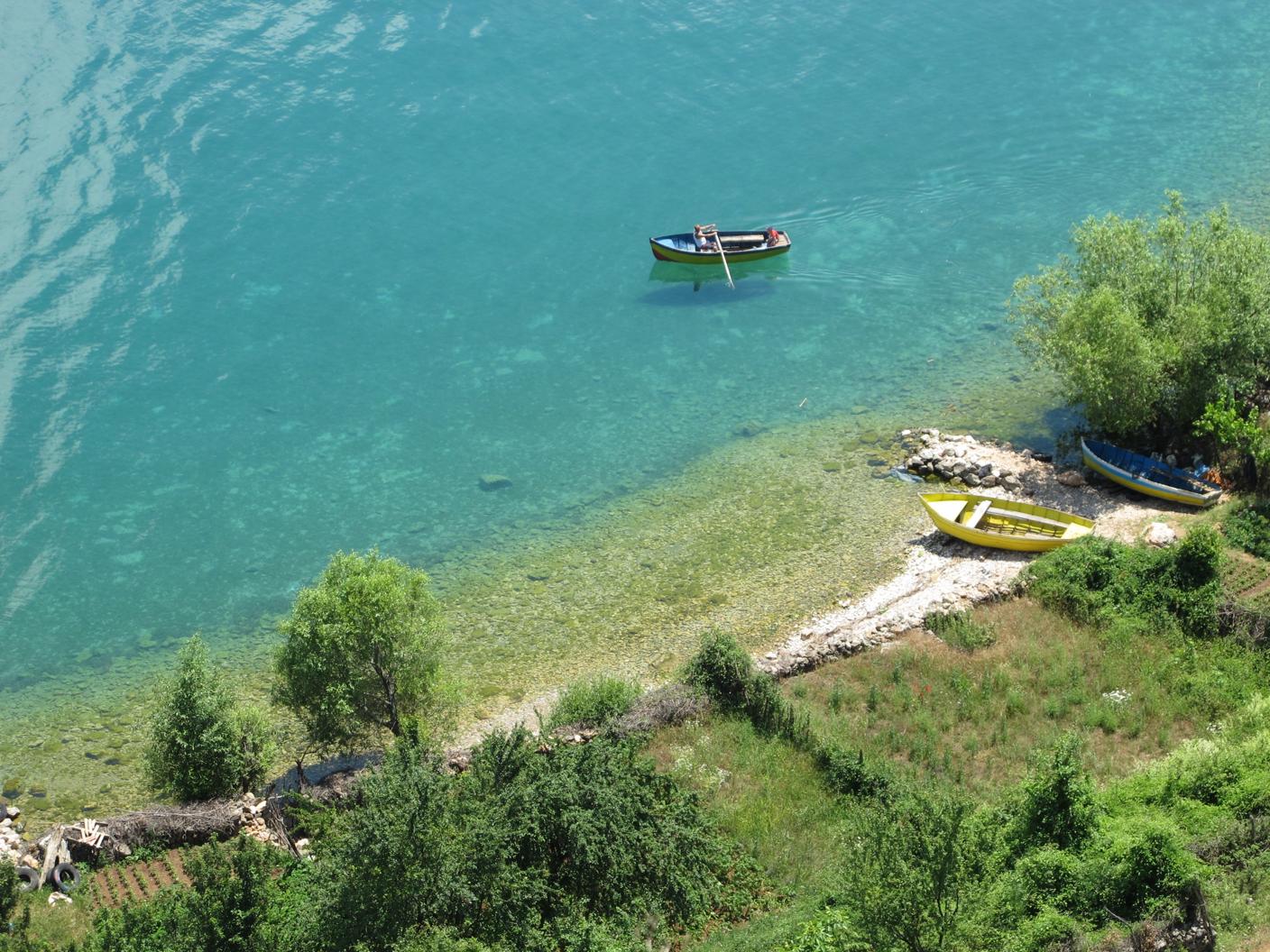 Photo: Imre Sebestyen
Photo: Imre Sebestyen
BDTF WB and the Global Biodiversity Framework
Under the Global Biodiversity Framework (GBF), international commitments to conserve and restore biodiversity were renewed in December 2022 and include the restoration of 30% of all degraded ecosystems, and the protection of 30% of land and sea. The overall GBF vision is very ambitious, but much needed. The Task Force can support the exchange of information, alignment of objectives at the regional level and their complementarity with the Global Biodiversity Framework. Another important role for the Task Force would be to align the monitoring and reporting so that they reflect the full range of activities taking place at different levels across the region. This was officialised in 2022, when BDTF WB was recognised as a regional mechanism for GBF implementation.
To help advance on both the Green Agenda for the Western Balkans and the GBF in the next months, the Biodiversity Task Force for the Western Balkans will prepare a Western Balkans 2030 Biodiversity Strategic and Nature Restoration Plan and develop a Biodiversity Monitoring and Evaluation Framework for the region. Looking ahead, the Task Force aims to further strengthen regional collaboration by expanding its network, enhancing capacity-building efforts, and leveraging technological innovations. By fostering greater participation and engagement from all sectors, the Task Force seeks to create a more inclusive and effective conservation movement. It will surely follow IUCN’s leadership on protected and conserved area standards, good governance for area-based conservation, restoration planning, implementation and monitoring of conservation outcomes, and the global species action plan (GSAP) that all provide trusted, clear and impartial advice on how to move ahead with implementation of the overall GBF. Finally, the Task Force plans to intensify its efforts in monitoring and research, providing robust data to inform policy decisions and track progress.
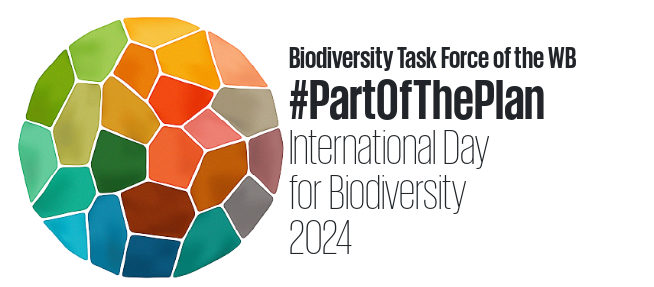 Photo: CBD Secretariat
Photo: CBD Secretariat
BDTF WB, a part of the Plan
As we celebrate the 2024 International Day of Biodiversity with the theme “Be part of the Plan,” we are reminded of the important role that all stakeholders play in halting and reversing biodiversity loss. This theme calls for the active participation of leaders, local communities, civil society organizations (CSOs), businesses, and individuals in the implementation of the Kunming-Montreal Global Biodiversity Framework, also known as The Biodiversity Plan.
By acting at the local and national levels and aligning our efforts regionally to support the achievement of global targets, we can effectively protect our natural heritage and build a more resilient society in the face of climate change. Doing so through the consolidated voice of the Biodiversity Task Force for the Western Balkans we will increase our chances to safeguard biodiversity and secure a sustainable future for all.
Relevant read:
IUCN welcomes the new Global Biodiversity Framework and 30% ambitions
RCC: Regional Biodiversity Task Force
Follow BDTF WB on Facebook and X (ex-Twitter)
Disclaimer
Opinions expressed in posts featured on any Crossroads or other blogs and in related comments are those of the authors and do not necessarily reflect the opinions of IUCN or a consensus of its Member organisations.
IUCN moderates comments and reserves the right to remove posts that are deemed inappropriate, commercial in nature or unrelated to blog posts.
